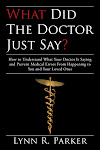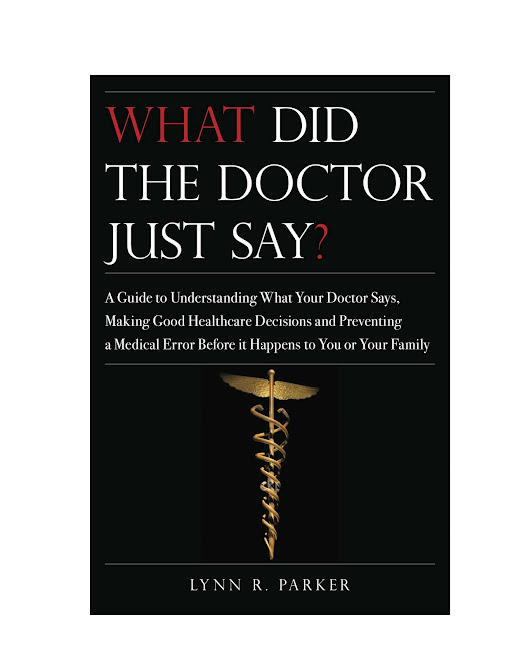Some of the conditions scientist have researched and found to be linked to stress are; backaches, insomnia, cancer and chronic fatigue syndrome and fibromyalgia.
Stress is often a key factor when women experience either absence of menstruation orabnormal bleeding. Hormonal imbalances caused by stress may proliferate the symptoms of fibroid tumors and endometriosis, as well as make pregnancy difficult to achieve for couples with fertility problems.
Heart disease is the number one killer of American women. High blood pressure, heart attacks, heart palpitations, and stroke can be and most often are stress related conditions.
Women can experience changes in their sexuality and develop sexual dysfunctions like vaginal dryness just because they are all stress out.
Stress affects some by causing gastrointestinal disorders like ulcers, lower abdominal cramps, colitis, and irritable bowel syndrome.
People who are all stressed out, like care givers and single Moms have more colds and infections due to lowered immune system responses (which is caused by, you guessed it, stress). Stress can initiate dermatological conditions such as itchy skin and rashes and acne.
Stress and fatigue also cause emotional disorders and responsible for many troubled and abusive relationships. Depression, anxiety and physical abuse are all associated with high levels of stress.
Eliminating stress all together is impossible and without it we wouldn't push on and go further and become more that we once were. However we all know that too much stress it not good for us.
In the next few posting I will discuss ways to decrease stress. In this posting let's talk about exercise. You might ask how does exercise decrease stress? Well ...,
Exercise decreases fatigue and gives you more energy. When you are tired you are more easily and more severely stressed.
Physical activity increases the production of your endorphins. Endorphins are the chemicals produced in our brain that help to decrease physical pain and reduce the signs and symptoms of physical and emotional pain like anxiety and depression.
Exercise is a moving meditation. If you swim, run, do yoga or play a heated game of one on one you know the rush that comes from pushing your body to the next level and fully focusing on one thing at at time you have felt the benefits of endorphins, that calm, confident, zen moment when the endorphins are pumping and you feel great!
Exercise improves mood and relationships. Exercise increase the production of serotonin, the main chemical in the brain that combats depression, stress and anxiety. When you decrease these taxing emotions you decrease feelings of anger, resentment and isolation, which helps you to get along better with your loved ones and to feel better about yourself and your life in general.
Getting started with exercise is actually done in steps
Step 1. Make up your mind that you want to feel better in your body and your mind and that you can do this!! Make a commitment to love and care for family and your friends by taking care of yourself
Step 2. Choose a couple of types of exercise to try, find a few you like and rotate them. Let's face it many of us have at one time thought exercise was boring and we started and we stopped exercising because it was not fun or just to lonely.
Vary your exercise routine and if you can find someone to workout with to ward of the lonileness and to make it more fun. Rotate they type of exercise you do, one day walk, the next lift weights, the next go salsa dancing, now there's a good mix.
Step 3. Keep it simple. You don't need a gym membership or a lot of equipment to work out with. I find one of the best ways to vary my routine is to work out with my favorite personalities on FIT TV. The channel offers yoga, weight lifting, aerobics even belly dancing. It offers a wide variety of exercises by top experts using little of no equipment and you don't need special cloths to be in your den working out, and of course walking is natures best exercise. Some people say it's swimming but I swim 40 laps several times a week and I talk 1-3 mile walks regularly and disagree, while I LOVE swimming and feel it is a fabulous exercise by far I believe walking is a better exercise than swimming and all it requires is a good pair of walking shoes, a safe area to walk in, some streching before hand and the get up and go to do it.
Step 4. Put your exercise on your calendar and give it the same type of commitment you give a hair or nail appointment or a date with your closest friend, because that's what it is, you are your closest friend and the only friend that you have that will be with you for every minute for the rest of your life and your health is essential to the happiness of your very best friend YOU.









